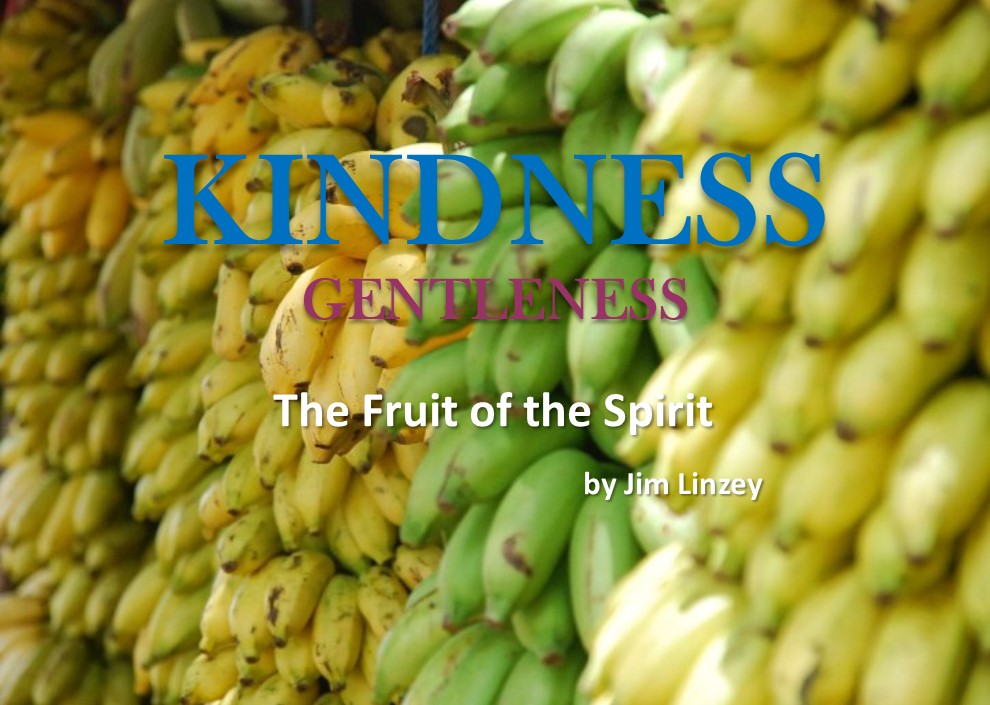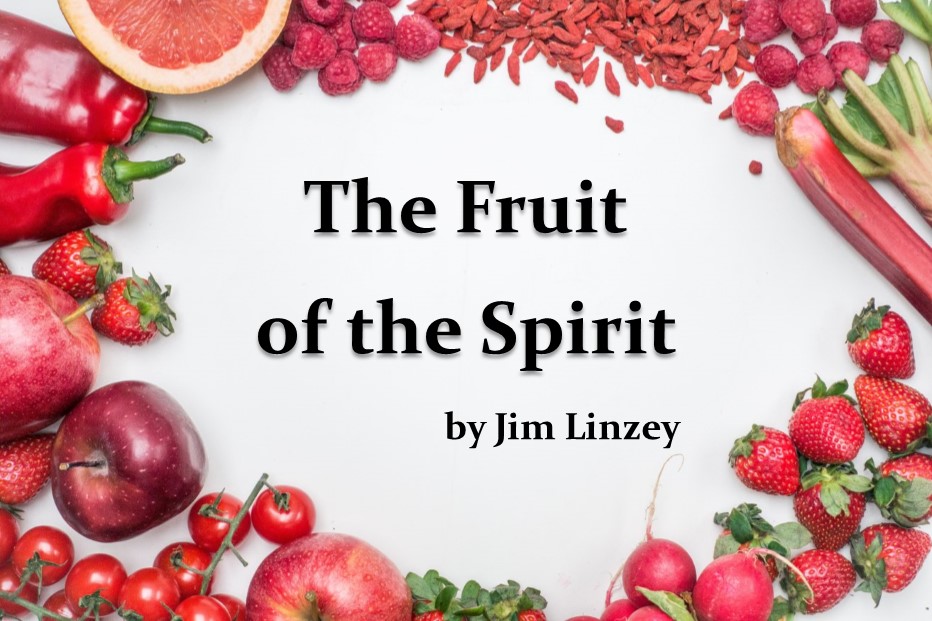The Fruit of the Spirit: Kindness

“Be kind and compassionate to one another” (Eph. 4:32, MEV)

Part of the Fruit of the Spirit series by Jim Linzey
The kindness that comes as a fruit of the Spirit is revealed in the life of Jesus in His darkest hour of trial. When Judas and the soldiers came to the garden to take Jesus, Peter used his sword to wound the ear of the servant of the High Priest. This man was an enemy of Jesus. But Jesus touched his ear and healed him. Most of us find it easy to be kind to our friends and loved ones, but Jesus was kind to His enemies. Think of Jesus at the table with Judas, knowing that Judas had betrayed Him for 30 pieces of silver. What might some of us have said to him? Something along the lines of “after all I’ve done for you …” But Jesus never uttered one word of reproach.
Kindness is usually associated with mercy. It is not possible to be kind without being merciful. And to be merciful is to be kind. It implies a deep concern for others.
God is kind, yet God allows man—Christian and non-Christian alike—to experience pain, penalty, and even death. But He shows His kindness during these sufferings even if He does not remove them. His greatest act of kindness was sending His Son so that we did not need to die as a consequence of our own sins. God shows “the surpassing riches of His grace in kindness toward us in Christ Jesus” (Eph. 2:7, MEV).
God’s kindness is much different from what we often call kindness.
Kindness may cost a great deal. It is more than pretending concern for others; it is in fact getting involved with the personal sorrows and pains of other lives to the point where it may cost us serious inconvenience.
Category: Spirit, Winter 2018


